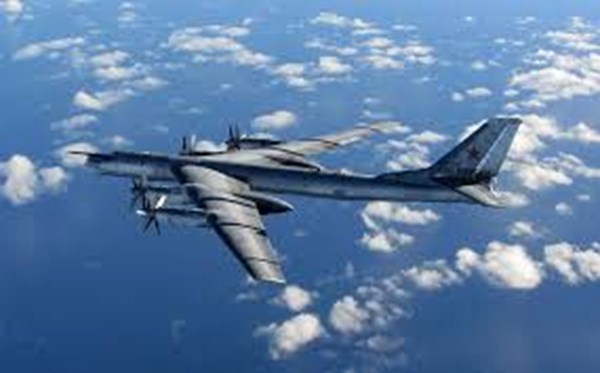Seoul summons Russian diplomats over violation of South Korean air space by Russian strategic bombers
The South Korean Ministry of Defense summoned the Russian military attaché, Andrei Falileev, "in protest against the unauthorized entry of Russian military aircraft into the South Korea's air defense identification zone," the agency Yonhap News reports with reference to statement of the South Korean Ministry of Defense.
“The violation of the [South Korean] border by Russian bombers will not contribute to efforts to stabilize the situation on the Korean peninsula, as well as in Northeast Asia," Park Chul-kyun, deputy director-general for international policy of the ministry, told the Russian diplomat.
"Since there is a possibility of a collision in the air, we ask Russia to acknowledge the seriousness of this situation and take steps to prevent the recurrence of such incidents," he added.
Yonhan also reports that, in connection with the incident, the director-general for European Affairs of the South Korean Foreign Ministry, Jung Ki-hong, summoned Maxim Volkov, a senior diplomat at the Russian Embassy, and expressed regret over the violation of the South Korean air space.
South Korea’s Joint Chiefs of Staff said Friday, July 13, that two Russian military planes violated the country's air defense identification zone four times. The planes left the identification zone after the South Korean military issued warnings.
Yonhap writes that, previously, there were several incidents of Russian warplanes violating the South Korean air space, but this was the first time that they have breached it four times in a day.
According to Yonhap sources, the aircraft were Russian Tu-95 strategic bombers.
The Russian Defense Ministry confirmed that a Russian strategic Tu-95MS bomber flew over the Yellow and Japanese Seas and the western part of Pacific Ocean. The second aircraft, which also flew over this territory, according to the Russian Ministry of Defense, was a multi-purpose Su-35S fighter. The Russian Ministry of Defense stated that the bombers were escorted by F-15 and F-16 fighters of the South Korean air forces, as well as F-2A fighters of the Air Force of Japan. They, according to the Russian Ministry of Defense, accompanied the bombers at certain stages of their route, which, as stated by Moscow, passed over neutral waters.
